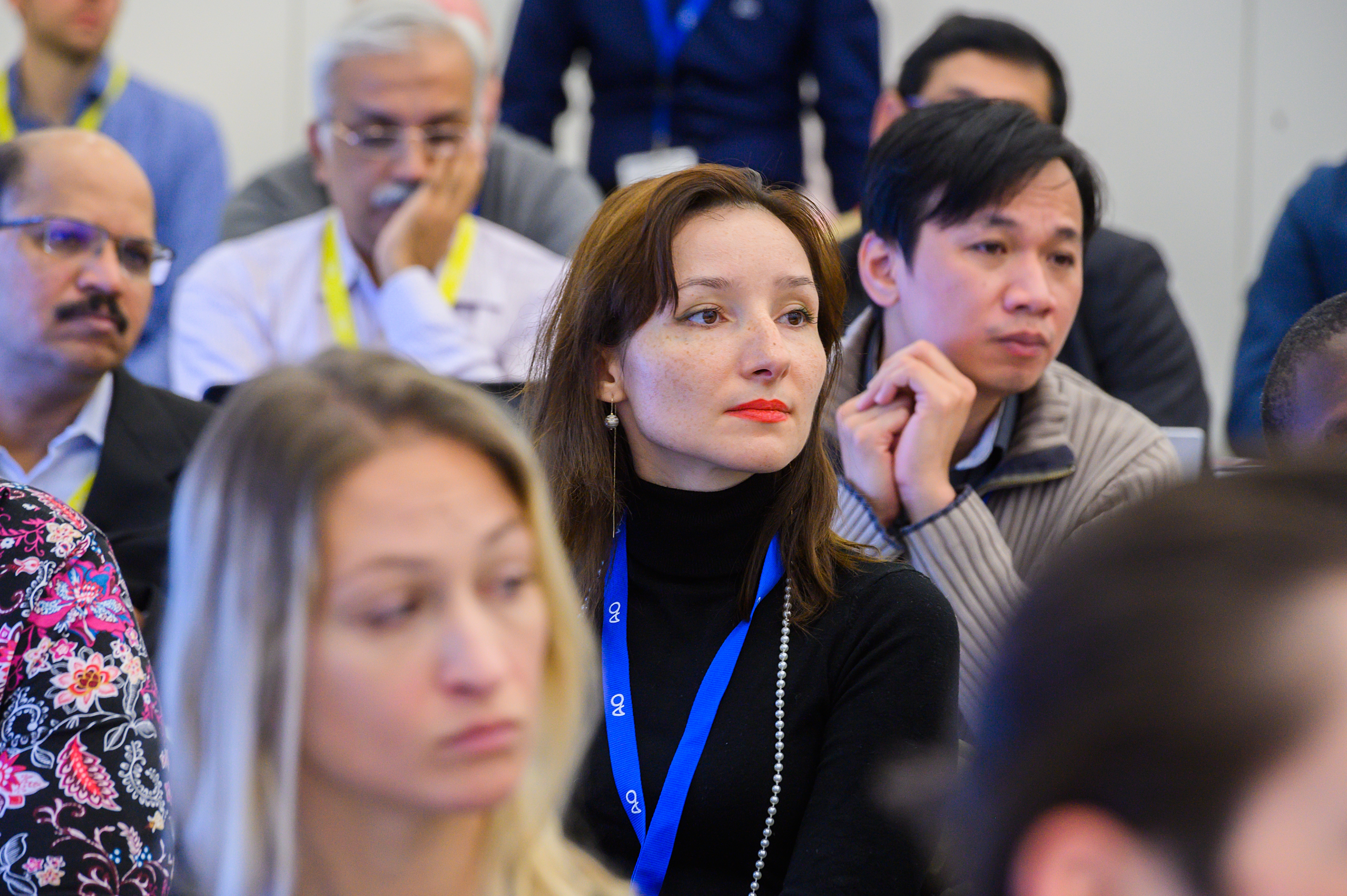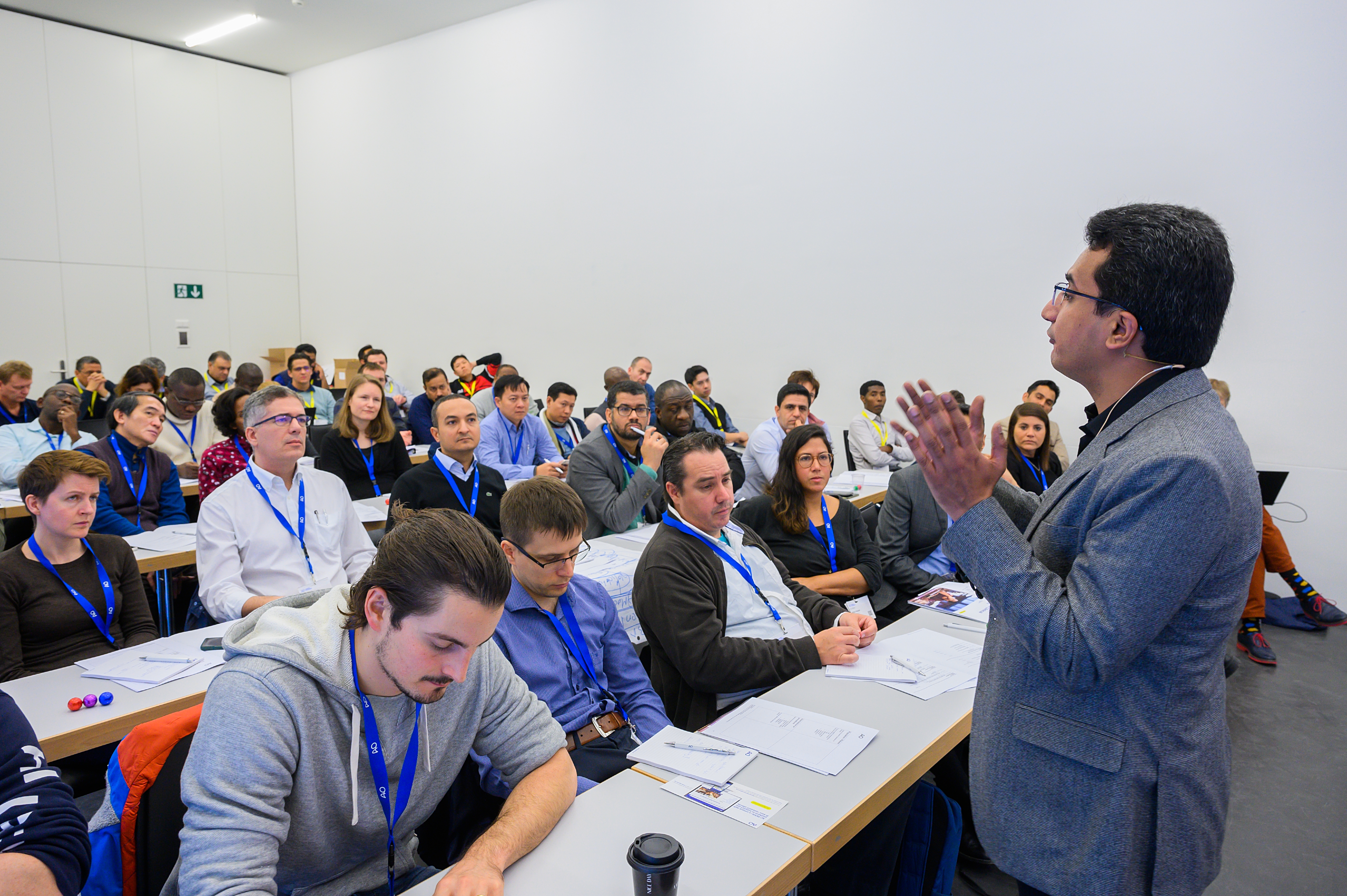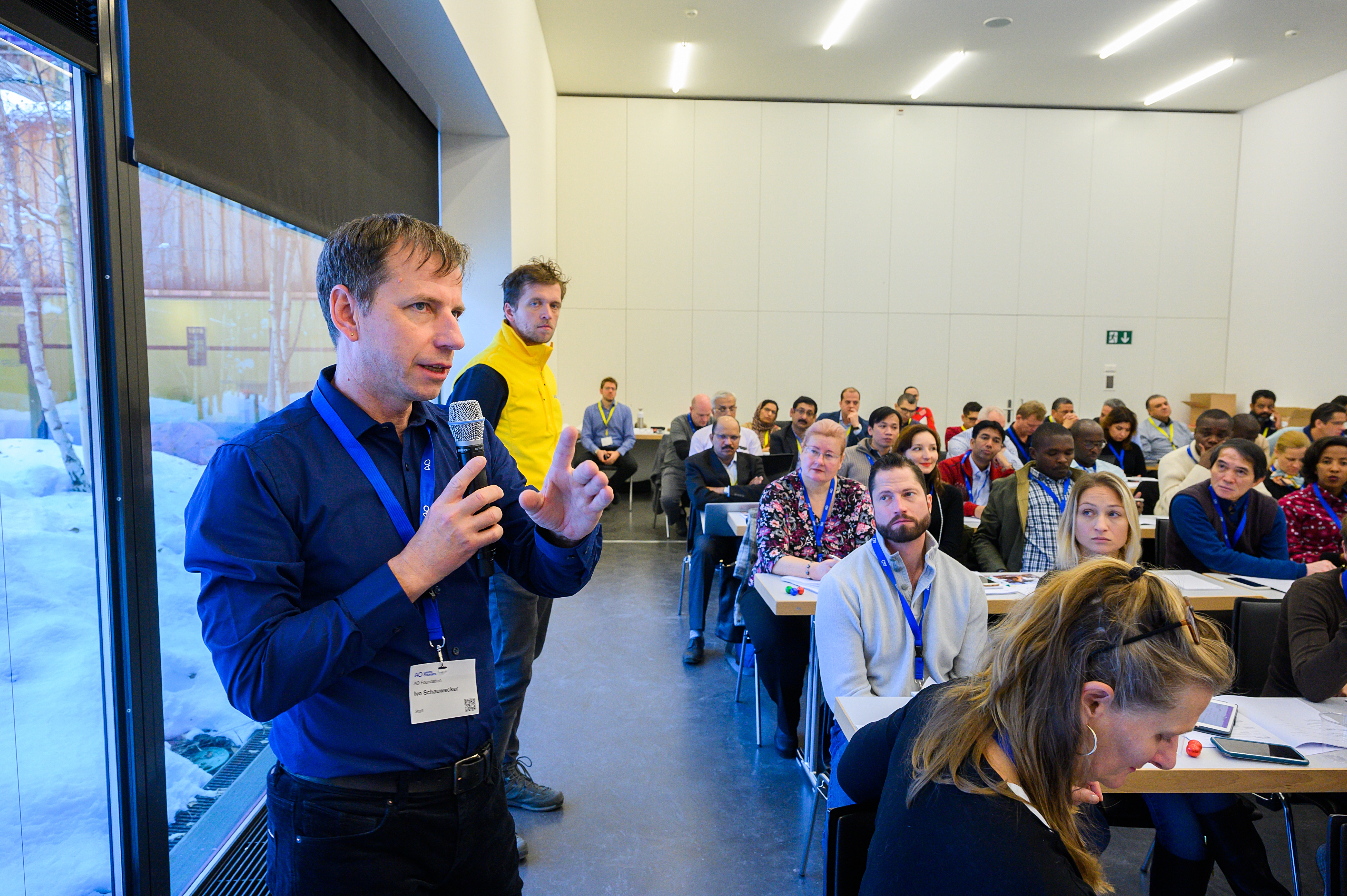Building a mindful and reflective clinical practice based on evidence
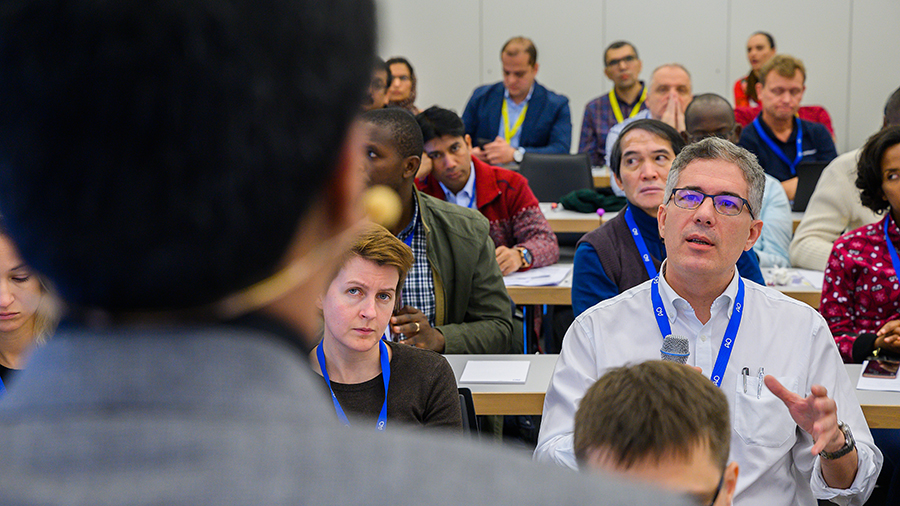
AO PEER helps surgeons optimize medical decision-making by recognizing their distinct challenges. It provides research tools that translate directly to patient care. The search for information and evidence and the ability to critically interpret what is encountered contribute to building a mindful and reflective practice. Science requires constant evaluation of outcomes and this habit of seeking confirmation of effectiveness helps to focus and refine the pursuit of improved outcomes.
"Research is a huge driver of change in medicine," says Asdrubal Falavigna, chairperson-elect for the AO Spine International Board and an AO PEER task force member. "For all AO surgeons—across all AO clinical divisions—who are interested in contributing to this process, AO PEER provides a wealth of information to optimize decision-making and hopefully answer their research-related questions."
Evidence meets experience and the patient
EBM is a systematic approach to clinical problem-solving that involves integration of the best available external evidence with personal clinical experience and the individual patient’s preferences and circumstances as the basis for decisions about that patient’s treatment.
AO Spine Middle East and Northern Africa Chairperson Mohammad El-Sharkawi says
EBM is needed to drive a spine surgeon's career further.
"EBM is an integral part of the clinical decision-making process and it has the potential to change clinical practice. Furthermore, EBM provides a set of skills on how to search for information, how to read and think critically and how to identify gaps in knowledge," he explains.
EBM helps surgeons expand and transfer knowledge to other focus areas. As research is a requirement to advance your career in many places, for example for professorships, it will be an important career driver. It can also help identify further research opportunities.
A recent AO PEER Course—Principles of Clinical Research organized with AO Spine Middle East and Northern Africa, conducted online over three consecutive days, was a huge success with 24 participants from 12 countries and 10 teachers from 7 countries. Eight-five percent of participants found the content very or extremely useful for their clinical research career.
"I see AO PEER as an exceptional opportunity to elevate and propagate clinical research in the whole world and an outstanding chance for the teachers from all clinical divisions to be more engaged with the AO," El-Sharkawi says.
The new, self-directed online AO PEER Course—Principles of Clinical Research will be launched at the AO Davos Courses 2020 on December 3. Falavigna says following registration, participants will be guided as they work through the course at their own pace over the next year. He encourages participants to involve a mentor for support and advice throughout this course and beyond. To learn more and to register, visit www.aopeer.org.
Join the next AO PEER webinar from anywhere in the world
Matthew Allen, AO VET (UK), Risto Kontio, AO CMF (Finland), Asdrubal Falavigna, AO Spine (Brazil) and Frankie Leung, AO Trauma (Hong Kong) will present:
AO PEER Expert Panel Discussion: Navigating Your Research Environment
November 25 2020, 11:00-12:00 CET
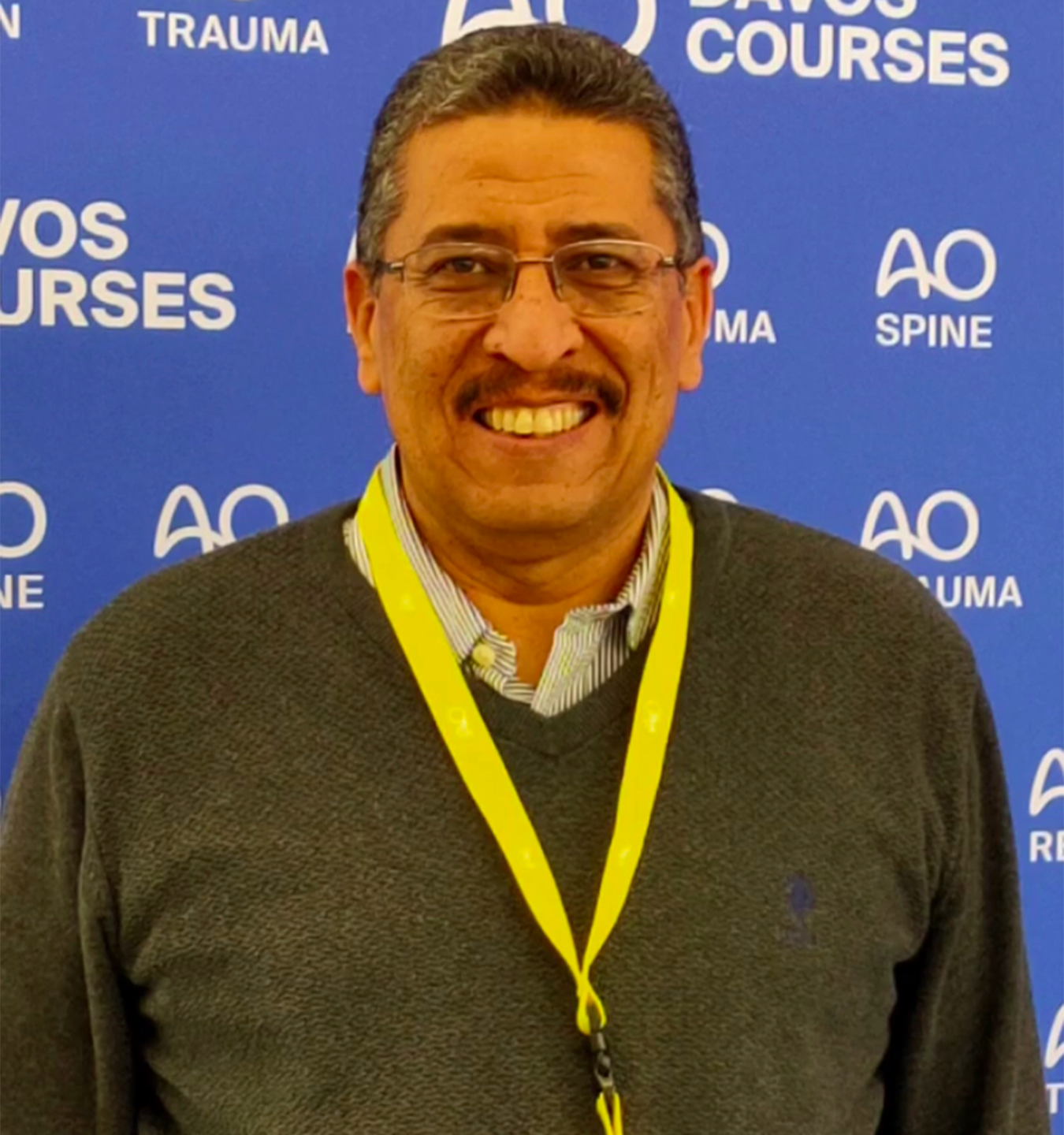
“The modules cover all the hot areas of clinical research. I believe it is a perfect package for surgeons. This interactive program provides the basic knowledge and skills to conduct high-quality clinical research according to the Good Clinical Practice (GCP) guidelines.”
Osama Farouk, AO PEER teacher


